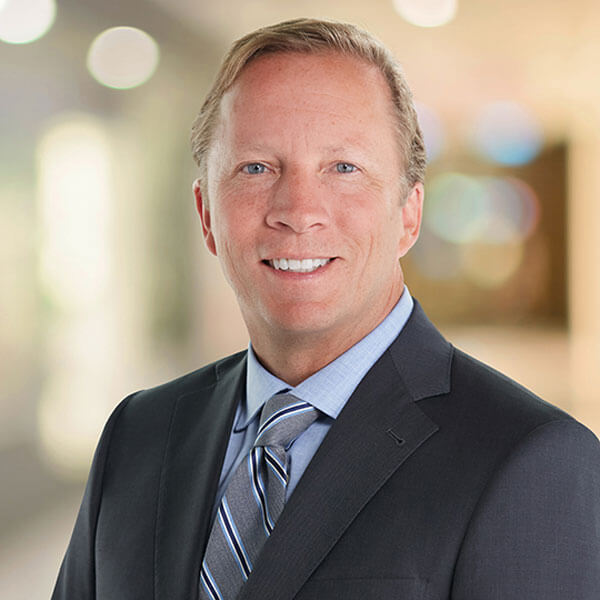Lykken also points to a 1.75-megawatt community solar array installed at a Jennie-O processing plant in Montevideo, Minn., which is anticipated to provide 10% of the facility’s energy needs beginning this fall. All Jennie-O employees can join the community solar program without installation or added fees, supporting onsite renewable energy. The array helped Hormel Foods meet its 2022 goal of offsetting 100% of its domestic energy use with renewable sources and is the latest in a long list of clean energy projects the company has embraced in recent years, which include the Western Trails wind project in northern Texas and the Haystack wind project in eastern Nebraska.
Turning Turkey Litter Into Clean Energy
Not only is Jennie-O committed to conserving energy, it is also engaged in talks to provide a revolutionary clean energy system to the region by partnering with a Danish anaerobic digestion company that converts animal waste to biomethane, a clean-burning and odorless gas, says Paul Bolle, environmental liaison for Jennie-O. The Danish company, which operates 13 plants in Denmark, collects food waste and animal manure from area farms and stores the waste in enclosed tanks called “digesters,” where bacteria break down the material in just 30 to 60 days. The resulting biogas is added to the natural gas pipeline and the leftover biomatter — now a neutral-smelling liquid — is returned to farmers to use as fertilizer. Moreover, businesses within a 50-mile radius will have the opportunity to take part in this initiative, establishing a mutually beneficial arrangement and fostering a positive impact within the community.
“We’re really excited about this collaboration,” says Bolle. “It’s a win, environmentally, for everyone.”
All these efforts align with the Hormel Foods 20 By 30 Challenge, a set of 20 aggressive environmental and social responsibility goals that the company is striving to reach by 2030.
An Ounce of Prevention Is Worth a Pound of Cure
Maintaining high standards for animal care and handling throughout the supply chain is part of that 20 By 30 Challenge. To this end, Jennie-O employs six full-time vets who ensure flocks are raised in a healthy environment and its barns are subjected to routine internal and external inspections. In 2021, for example, the Jennie-O quality assurance department performed 854 audits and the National Turkey Federation performed 284.
When it comes to turkey health, the brand uses a holistic approach, says Jennie-O veterinarian Carrie Cremers. To ensure the birds are comfortable, the barns are equipped with monitoring systems that continuously measure and adjust temperature and ventilation as well as food and water consumption. To limit the flocks’ exposure to pathogens, workers must follow strict protocols. For example, they must shower upon entering and leaving some barns, and wear dedicated clothing, including gloves.
“The healthier the flock, the more resistant they’ll be to infections,” Cremers says. “If you can get a poult (baby turkey) off to a good start and managed well, it will develop a robust immune system.”
Hormel Foods has emerged as an industry leader in the responsible use of antibiotics. The company’s antibiotic stewardship program is guided by four core principles, all aimed at enhancing animal health outcomes and promoting responsible antibiotic use:
- Managing systems and housing to provide suitable environments.
- Utilizing preventive medicine programs developed by veterinarians to support animal health.
- Ensuring antibiotic treatment is used only when necessary and appropriate, under veterinary oversight.
- Constantly evaluating, investing in and improving the antibiotic stewardship program.
The company has also been a strong advocate of alternative approaches to animal health and well-being to minimize the need for antibiotics. “We’re constantly looking at different alternatives to antibiotics,” Cremers says. To this end, Jennie-O started adding probiotics and prebiotics to its turkey feed to naturally strengthen the birds’ immune systems.
“Prebiotics make it easier for turkeys to absorb food and convert calories,” Cremers explains. (Prebiotics are substrates that feed probiotics, which are live bacteria like those found in yogurt, that promote gastrointestinal health.)
“When I look at Jennie-O, I think it’s a great example of how to be a major employer in a small community,” Lykken says. “Our teams give back with donations and volunteerism. This is hometown, real-people-working-hard kind of stuff. I think Jennie-O has a really special community story.”





